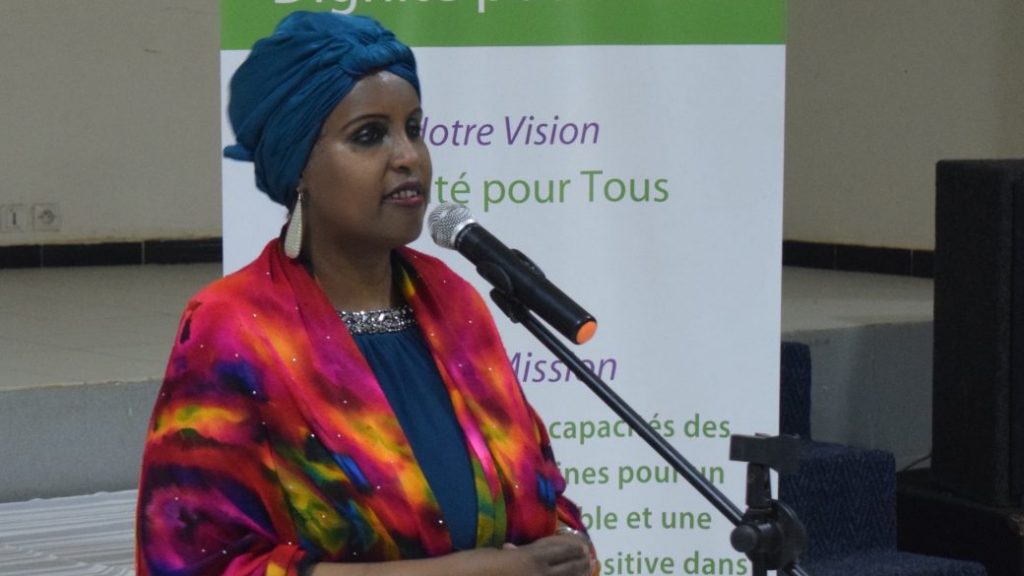Female genital mutilation (FGM) is the partial or complete removal of the external female genitalia for non-medical purposes, without the consent of the individual. The practice, usually performed on young girls, often leads to enduring physical and mental health problems.
Although FGM is illegal in many countries and not sanctioned by any religion, it is widely practiced across the globe. Unicef estimates that at least 200 million women worldwide have been subjected to FGM, with an estimated 137,000 cases in England and Wales today. The reasons behind the practice are complex and deeply rooted in culture and belief, but it is a clear human rights violation and a form of gender-based discrimination.
In the UK, the practice has been a criminal offence since the Prohibition of Female Circumcision Act (1985), which was later modernised in the Female Genital Mutilation Act (2003). In 2015, the act was amended to include protection orders to safeguard potential victims of FGM, and a legal requirement that healthcare professionals and teachers report cases of FGM in under-18s to the police. It is also illegal for British citizens to take girls overseas during “cutting season”. Despite this legalisation, nobody has been convicted of performing FGM in the UK.
So, What are the Human Rights Issues Here?

Image Credit: Jamie Street / Unsplash
The practice of FGM breaches several human rights and amounts to child abuse. It violates our fundamental right to health with a range of devastating potential long-term consequences including infertility, infection, post-traumatic stress and extreme pain during sex and childbirth. FGM brings no health benefits and inflicts intentional harm on women and girls. Survivors of FGM have described the negative impact of the procedure on their self-image, emotional wellbeing and their relationships with others.
Article 3 of the Human Rights Convention protects us from being subjected to torture and inhumane or degrading treatment. FGM breaches this right by violating the dignity of women and girls, and causing extreme physical and mental suffering. The victim is forcibly restrained during the procedure, which is often performed without anaesthetic.
FGM is also deeply rooted in gender issues. Exclusively directed towards women and girls, it reinforces gender inequality and violates Article 14 of the Human Rights Convention, the right to be free from discrimination. In practicing cultures, ‘cutting’ is seen as a prerequisite to marriage and a gendered rite of passage into the community. By performing FGM, a woman’s sexuality is controlled and their autonomy is compromised.
If FGM is a Criminal Offence, Where are the Convictions?

Image credit: Hibo Wardere / Submitted
Last month, a London solicitor was acquitted of forcing his daughter to undergo FGM in what was only the second case to be brought to a UK court under the 1985 legislation. There have been no convictions in the UK, in contrast to France where there have been more than a hundred convictions in the past few decades.
Although a landmark conviction would act as a deterrent, Hibo Wardere, a campaigner and survivor of FGM, argues that we need to move the conversation away from prosecution and onto education. The difficulty in making a conviction arises from the domestic nature of FGM; a sense of familial duty often prevents children from speaking out against their close relatives. Amnesty International’s campaign, ‘End FGM,’ agrees that sending a child’s parents to prison is unlikely to be in their best interests.
This is a practice completed by the loved ones, so that is why it is so hard to convict.
Hibo Wardere, FGM campaigner
“[FGM] is a hidden crime. It’s not visible to the naked eye,” Hibo tells RightsInfo. “We can only find out through symptoms or signs that children show or when they tell you verbally. That’s going to be one in a million for a child to come out and say that. Because at the end of the day, they don’t want their parents to get into trouble. This is a practice completed by the loved ones, so that is why it is so hard to convict.”
‘Education is the Way to End FGM’

Image credit: Ben White / Unsplash
Hibo was ‘cut’ in her native Somalia, a country where 98 percent of women between 15 and 49 have been forcibly mutilated. Her memoir, ‘Cut,’ is a “book of hope” that advocates talking about experiences with FGM as “the beginning of recovering and healing.” According to Hibo, the key to eradicating FGM is to take preventative measures by educating communities about the reality of the procedure. Education can challenge the social attitudes that underpin FGM.
“For me, conviction is one side of it, but the priority is educating the communities, educating the professionals, educating everyone,” she says. “For me, education is the way to end FGM. It is all about educating and making people aware that first of all, it may be part of your culture or belief, but you live in a country where this is seen as a child abuse.”
The priority is educating the communities, educating the professionals, educating everyone.
Hibo Wardere, FGM campaigner
A recent report revealed that healthcare professionals and teachers are reluctant to report cases of FGM, amid fears of being accused of racism and not respecting cultural practices. However, FGM is both child abuse and an act of unnecessary violence towards women that needs to be stamped out. Educational outreach to the communities at the heart of the issue may be the only way to end the practice for good.







